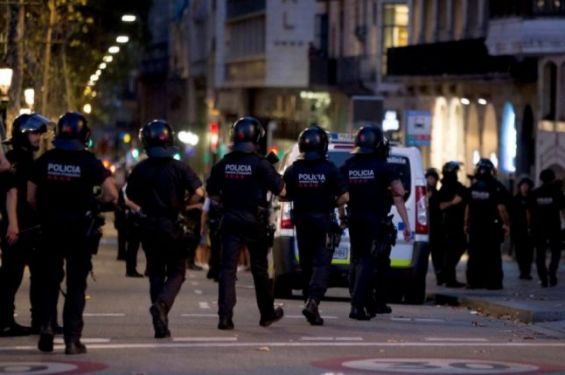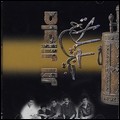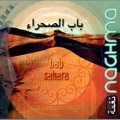According to the Sun, a tabloid newspaper operating in the United Kingdom and Ireland the recent events that shook some European countries such as Spain, England and Finland have only one explanation. Members of the terrorist cell that carried out the Catalonia attacks are all originally from Morocco. The same thing applies for the London Bridge terrorists, Youssef Zoghba and Rachid Redouane.
More than that, the same source also points out the Turku attack in Finland. A Moroccan national identified as an asylum seeker called Abderrahman Mechkah stabbed two women to death and injured eight others. «Belgian-Moroccan Islamic terrorist Abdelhamid Abaaoud was the ringleader of the Paris attacks while Moroccan brothers Salah and Ibrahim Abdeslam carried out the attacks», the Sun recalled.
Two years before, Mohamed Abrini «accompanied two suicide bombers in the Brussels airport attack» while Belgian-Moroccan Najim Laachraoui, the bomb maker who took part of the brutal terrorist attack also helped assembling the suicide vests of the two terrorists who carried out the Paris atrocity in 2015.
Born in Morocco or of Moroccan origin, the newspaper indicates that the country is «now seen as a springboard for attacks in Europe» adding that according to the Moroccan authorities «1,800 Moroccans have become jihadist fighters in Libya, Iraq and Syria in recent years».
On the other hand, the Guardian reports that «1,000 jihadis are said to have been smuggled back to Morocco and Tunisia from the crumbling ISIS battlefields- where sic of the 12 terrorists who carried out last week’s massacres in Spain are believed to have hailed».
Born in Morocco but radicalized in Europe
The Sun was not the only media platform to highlight the fact that several Moroccan nationals took part of terror attacks in Europe and most precisely Spain. Following the Catalonia attacks and after identifying members of the terrorist cell that was operating in Ripoll and headed by the Imam of the town, Jeune Afrique, a weekly magazine based in Paris has issued a cover that created a wave of backlash. The Magazine wrote on its cover «Terrorism born in Morocco» putting the photos of the Catalonia suspects referring to the fact that they were all born in the North African nation.
The issue and the controversial cover of Jeune Afrique were soon denounced by social media users and associations such as the Islamic Educational, Scientific and Cultural Organization (ISESCO). Replying to allegations, Francois Soudan, editor-in-chief of Jeune Afrique later declared to Huffpost Maroc that «the title says ‘Born in Morocco' and not 'Made in Morocco', and the difference here is significant», insisting that those suspects were born in Morocco but radicalized in Europe.




 chargement...
chargement...












